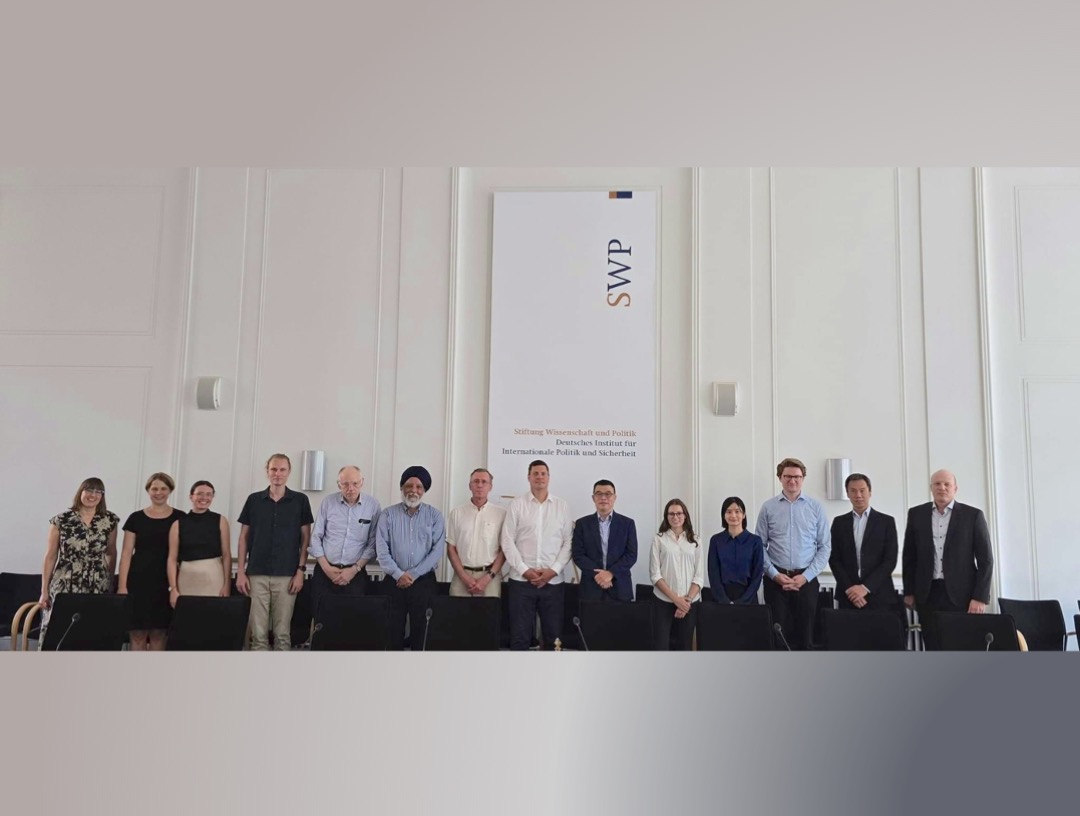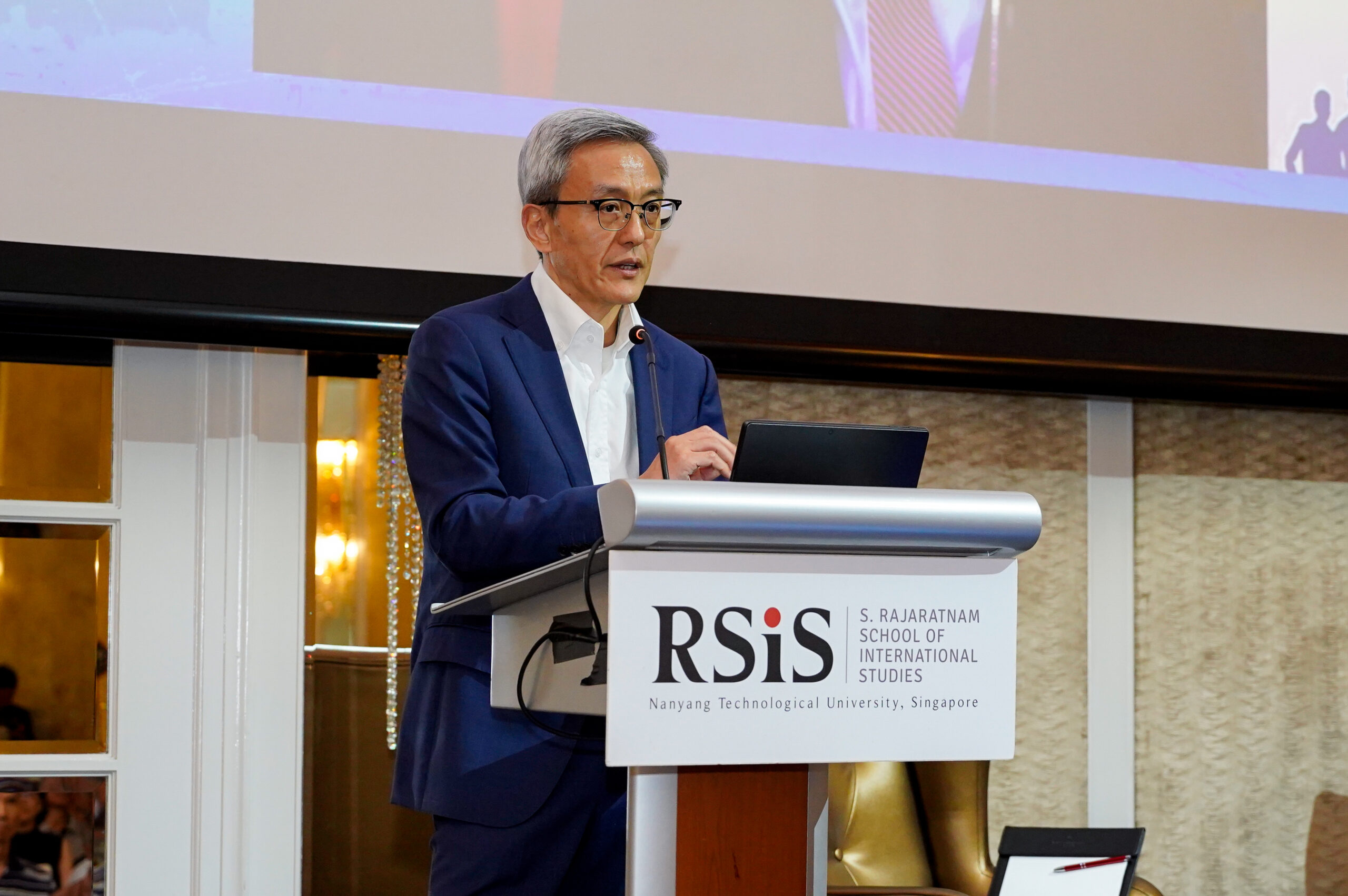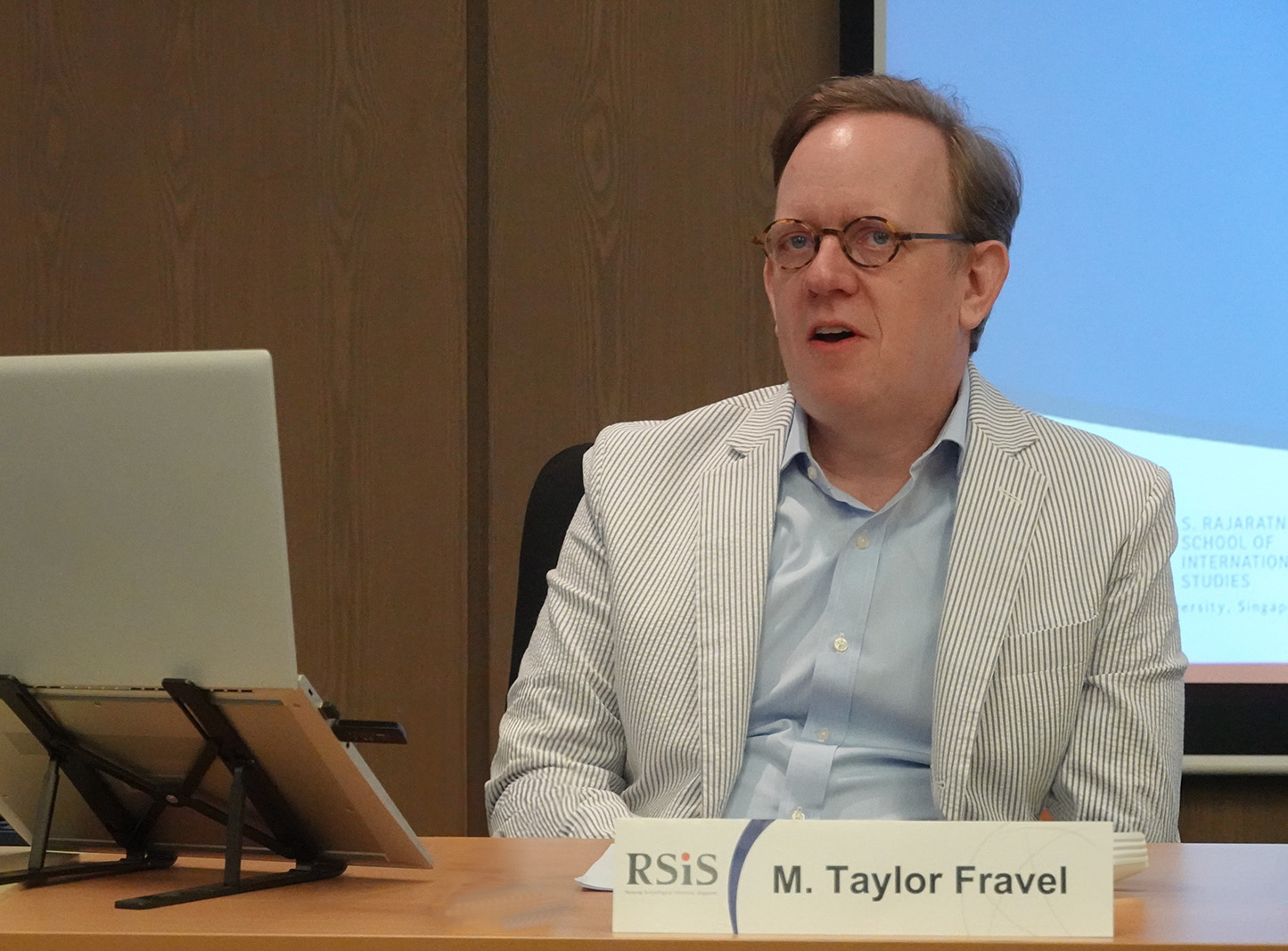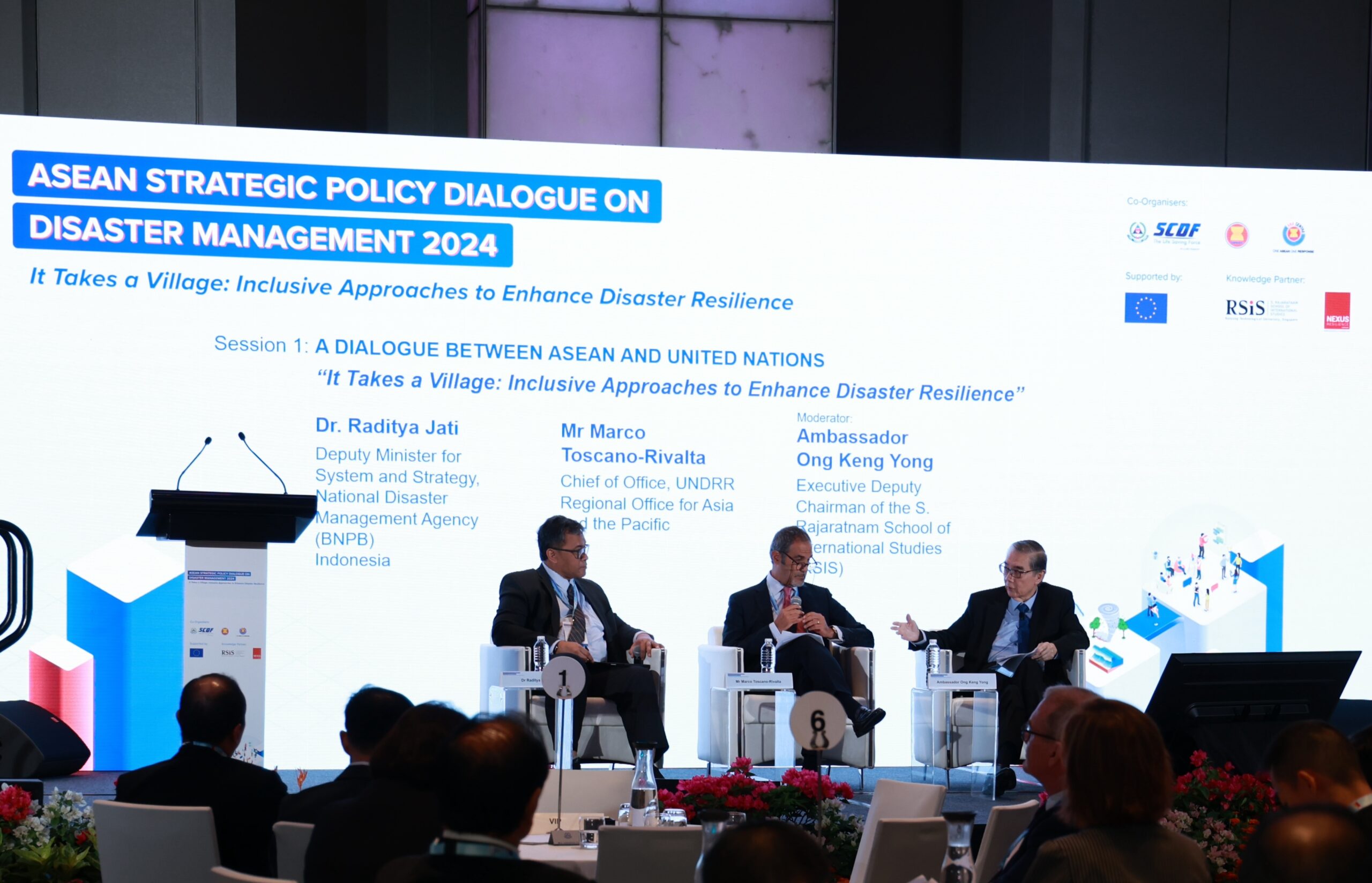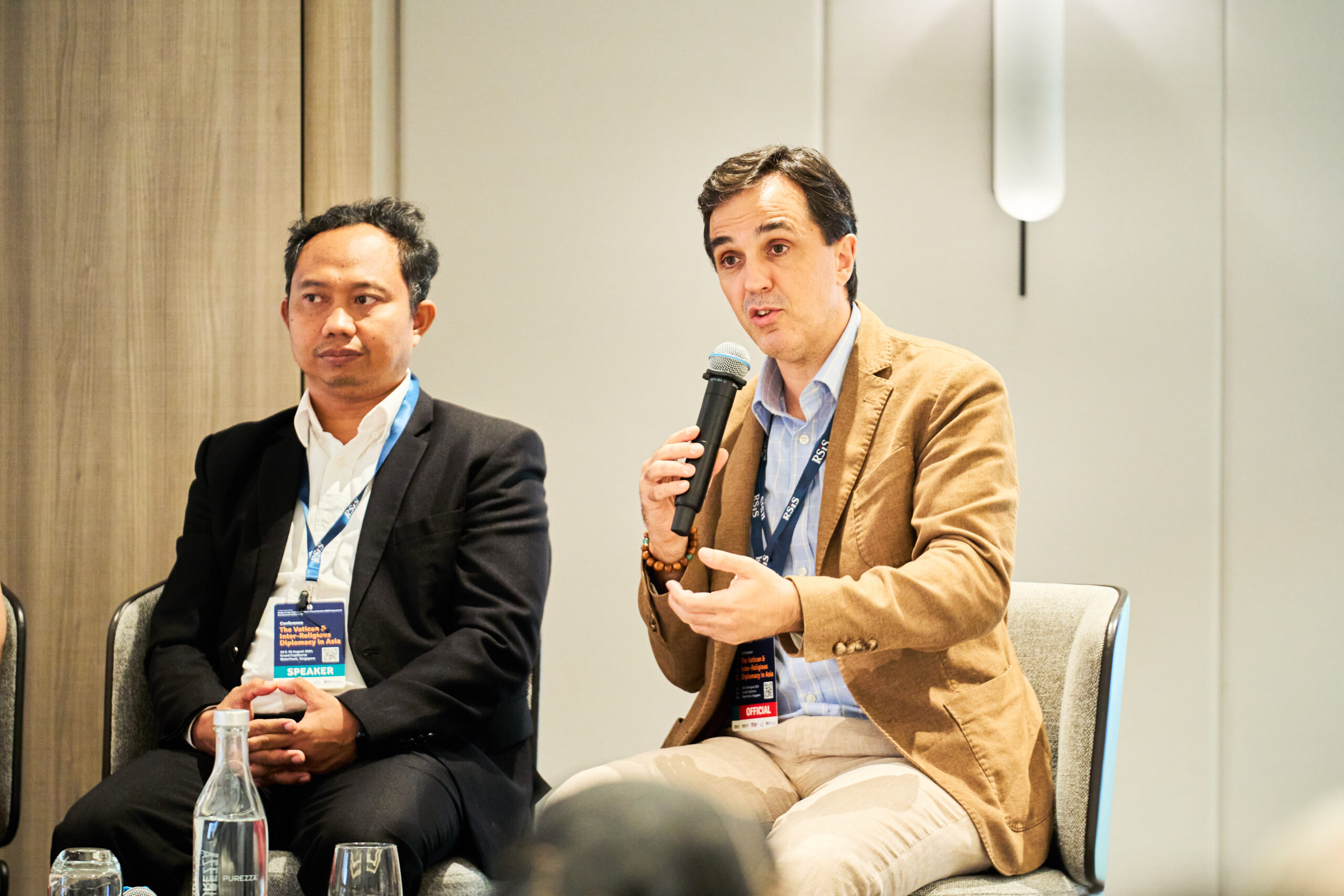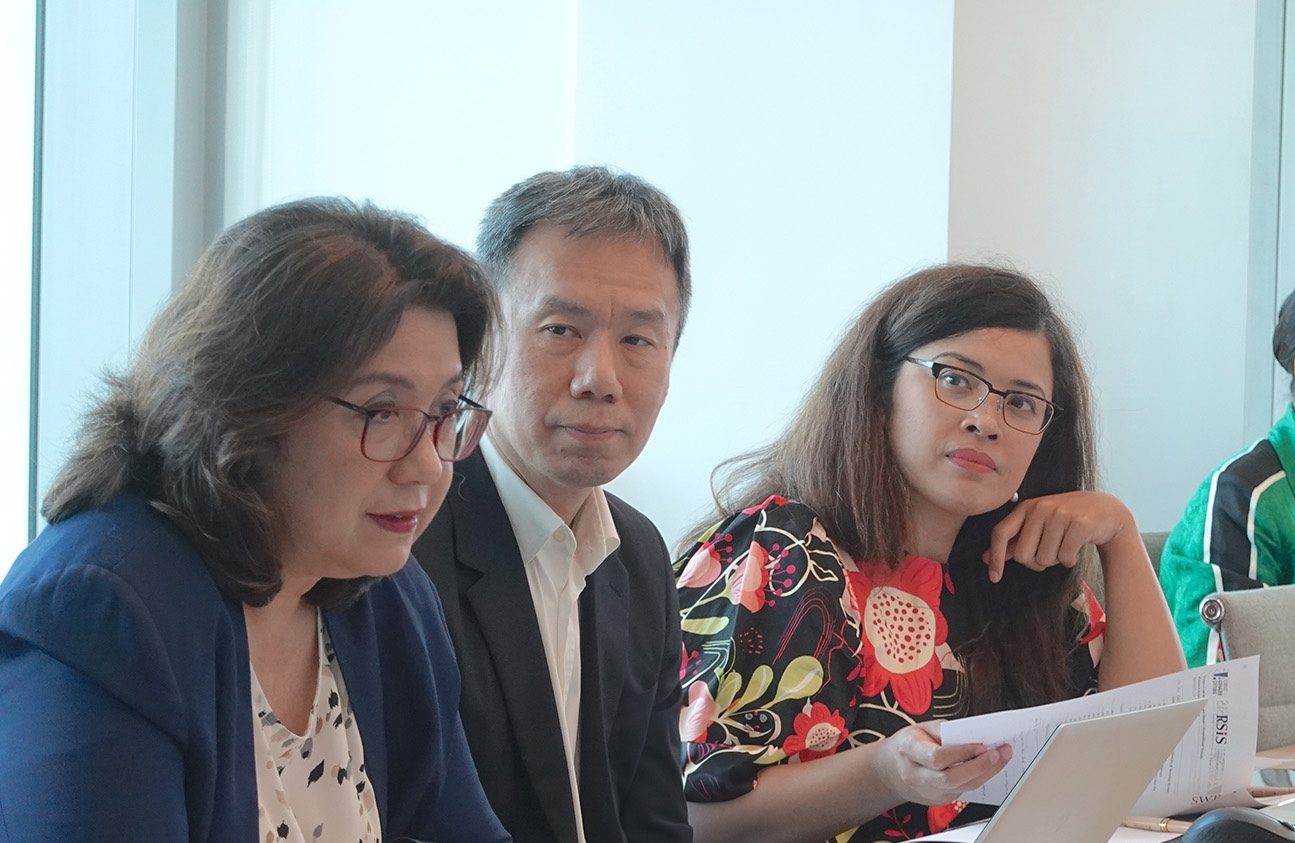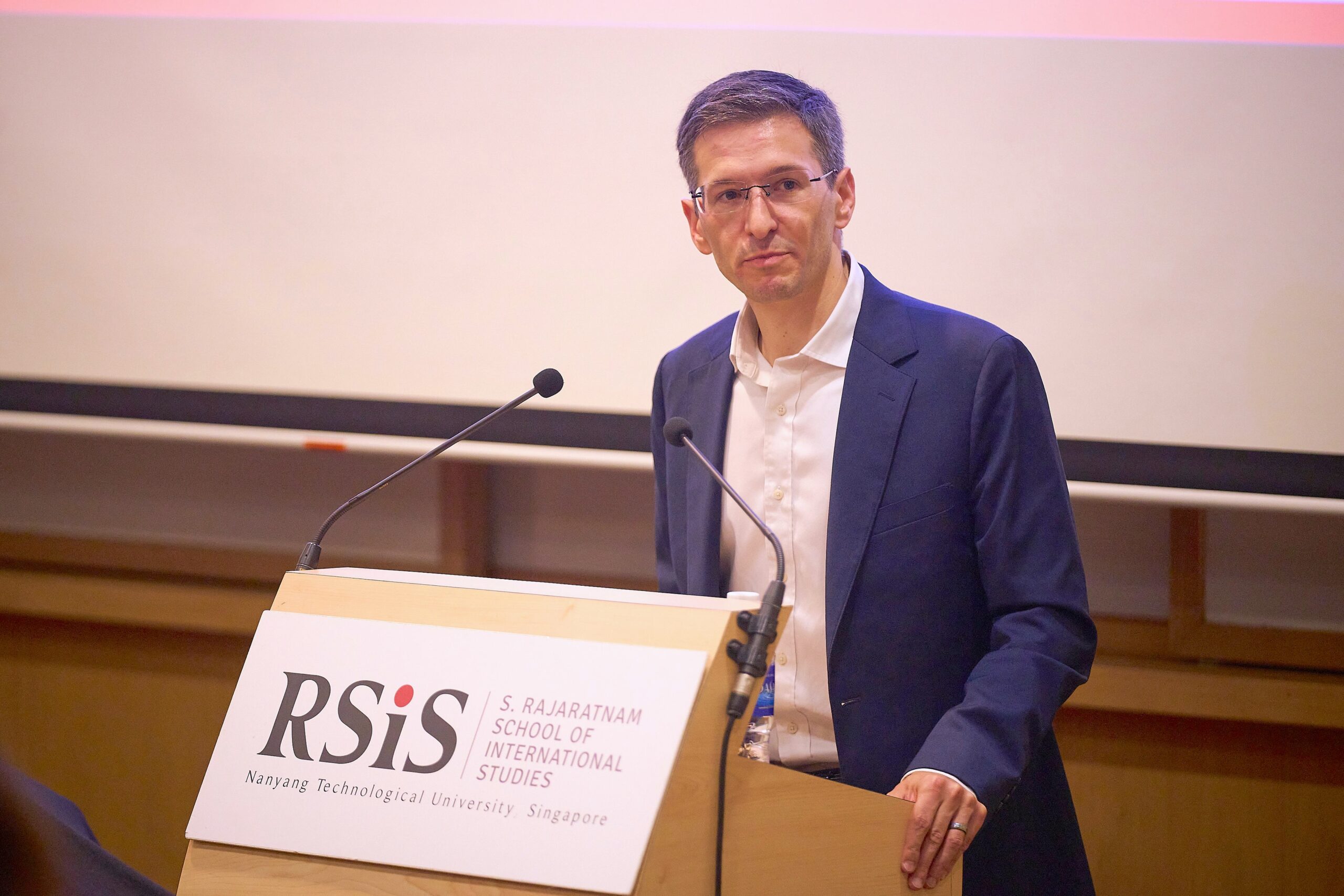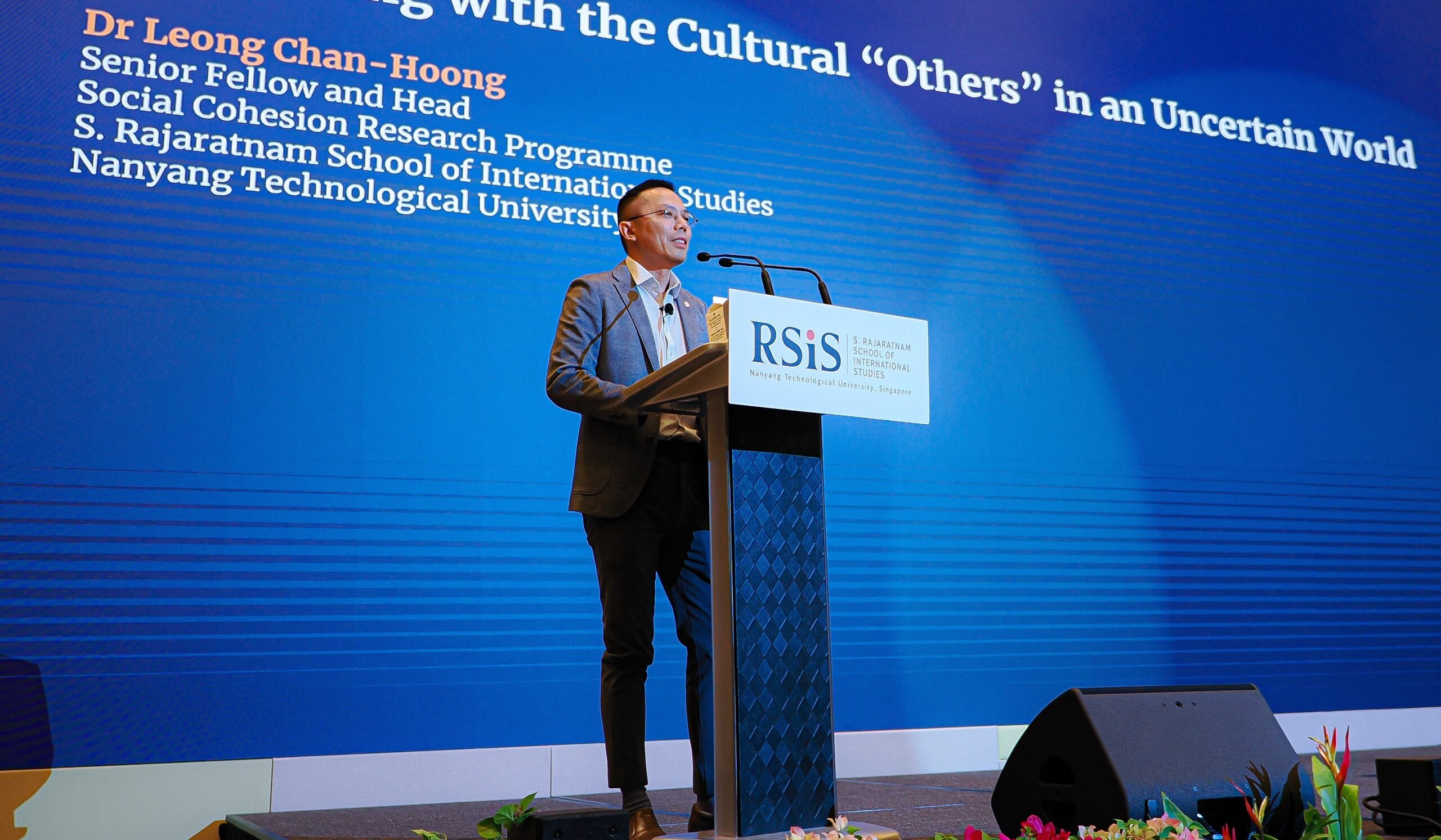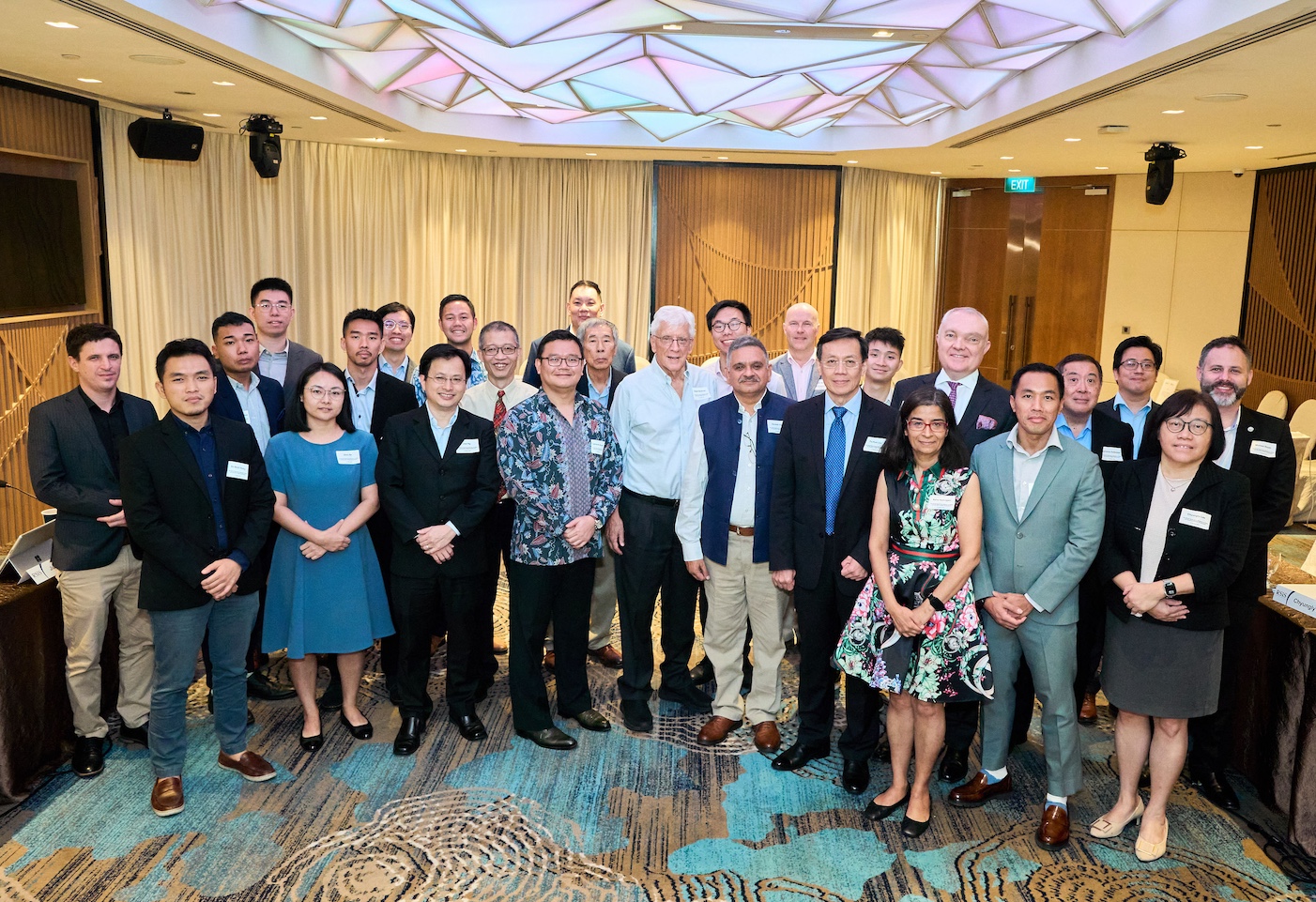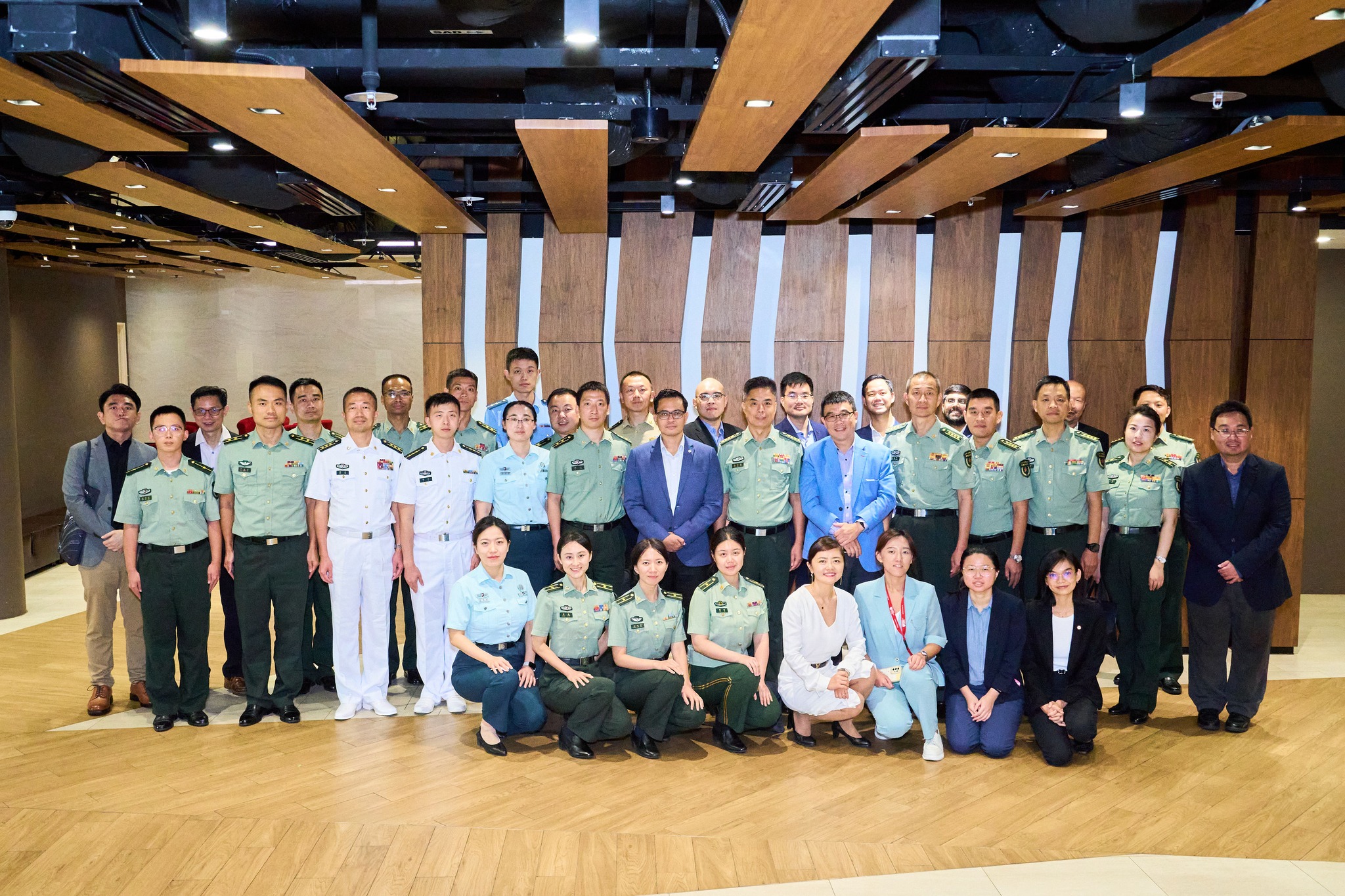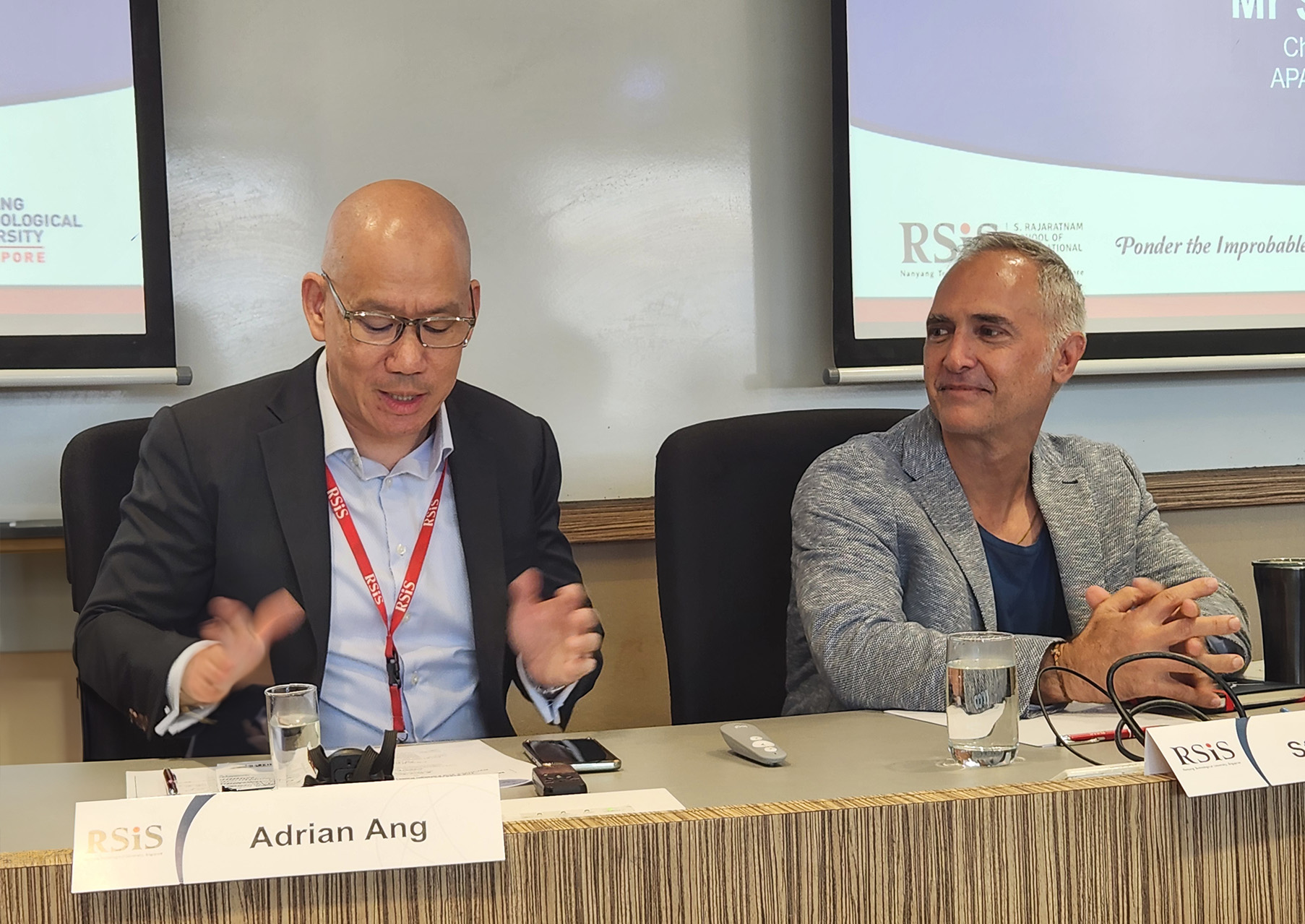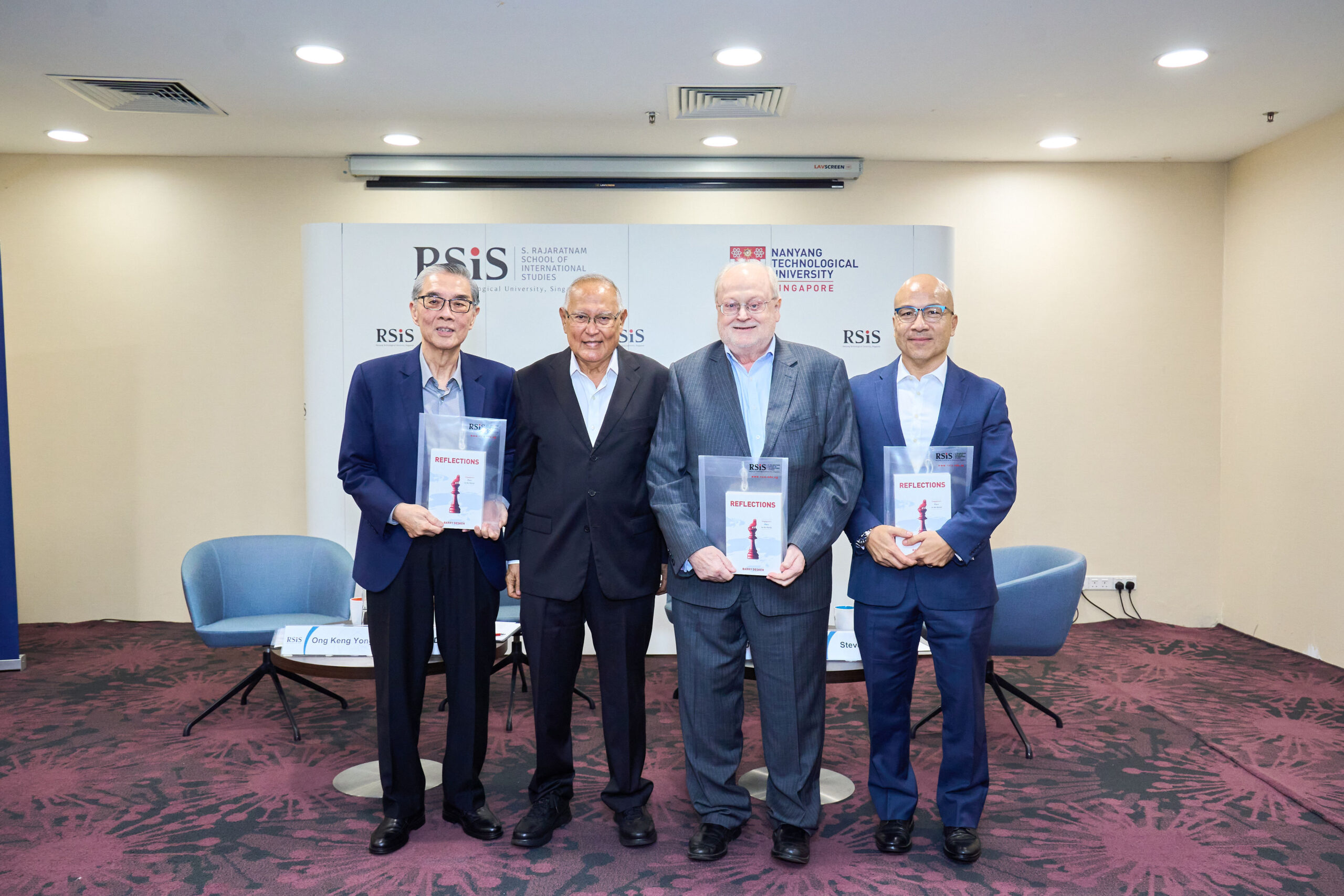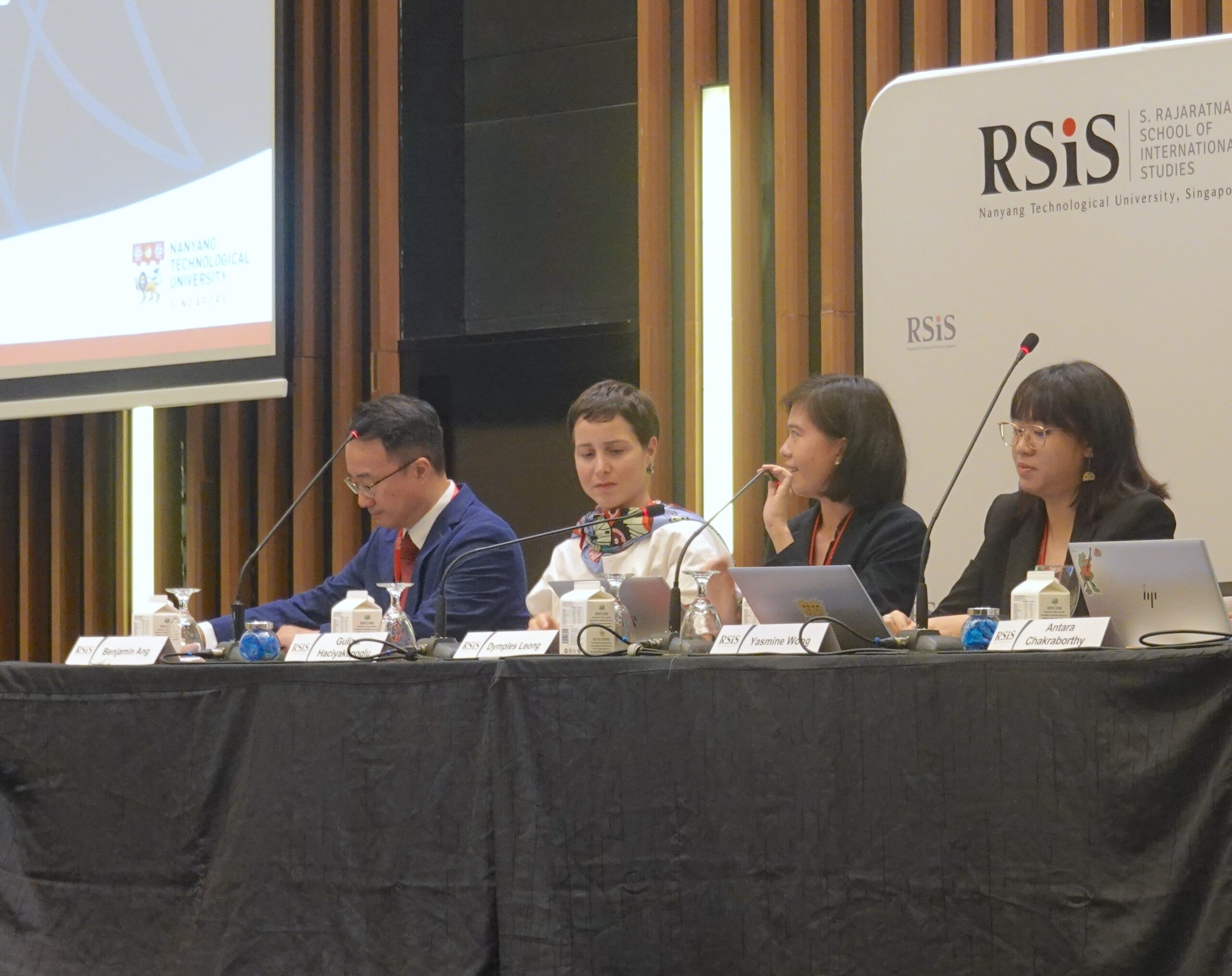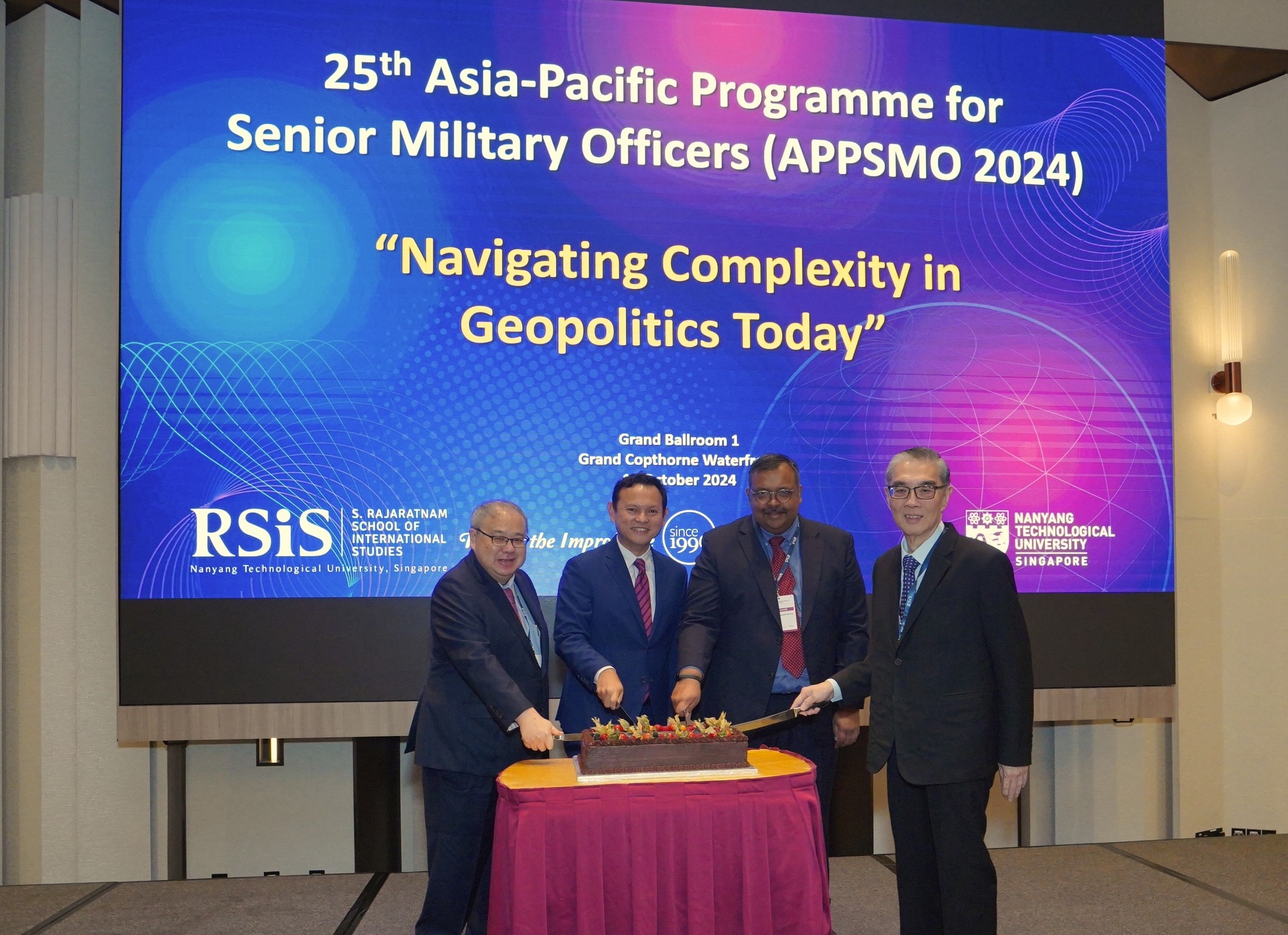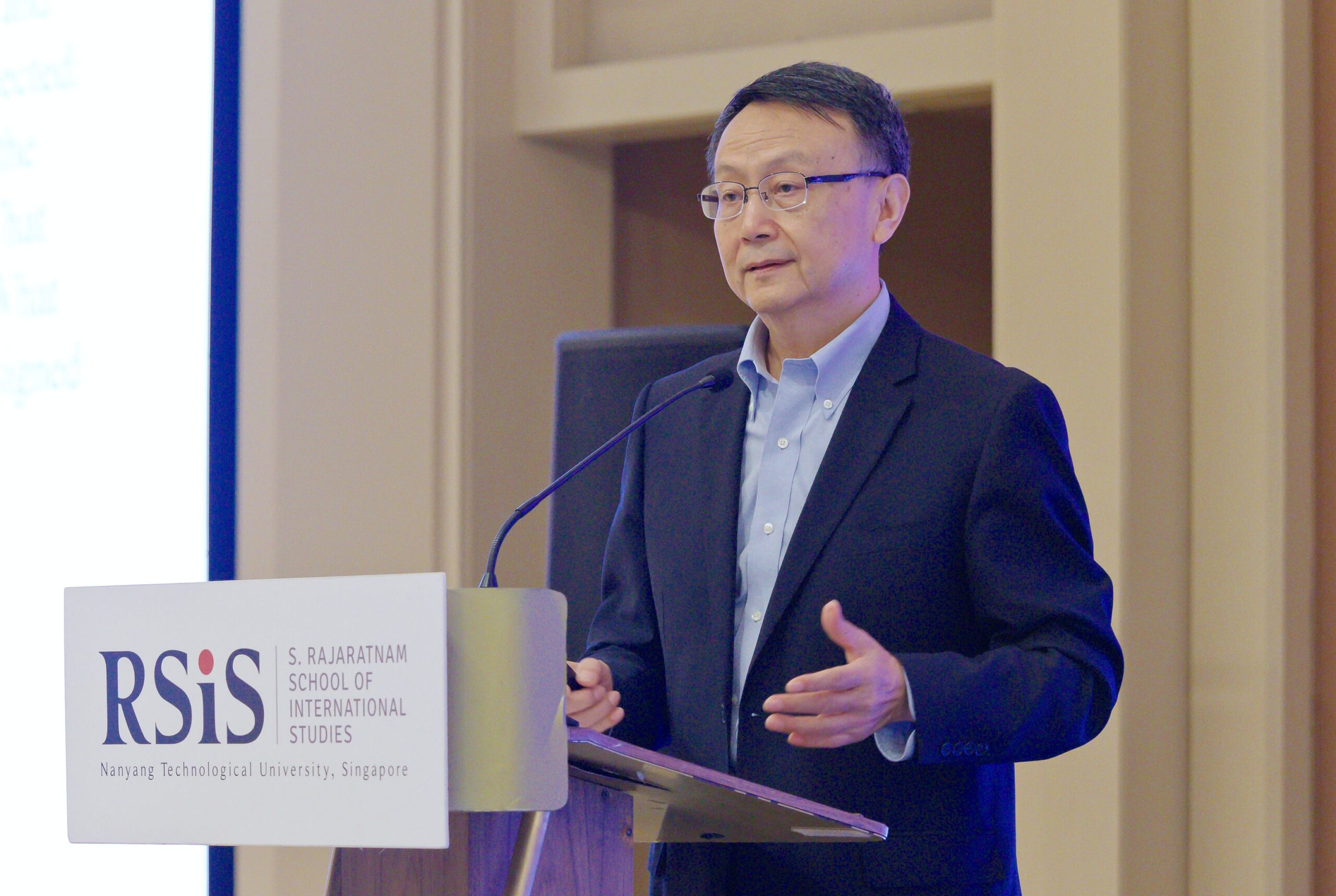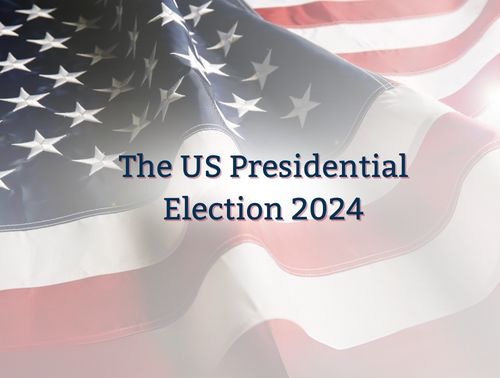
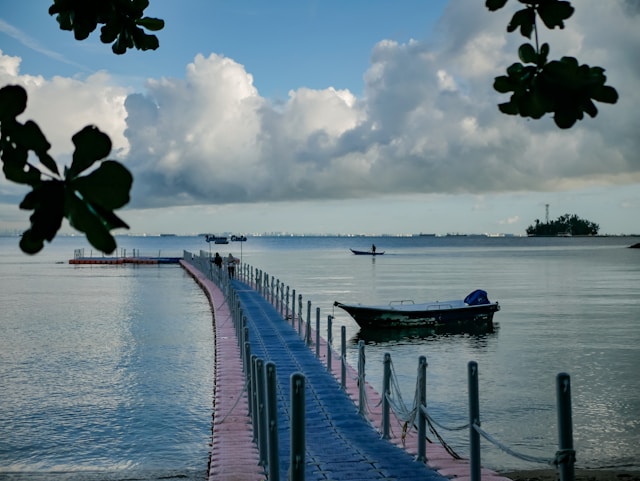
Blue economy is the sustainable use of ocean resources for economic growth. It was the focus of a seminar organised by the Indonesia Programme, RSIS, on 8 October 2024. Dr Alexander Raymond Arifianto, Senior Fellow and Coordinator, Indonesia Programme, IDSS, RSIS, chaired the seminar “Central-Regional Government Dynamics: Blue Economy and Investment in Riau Islands Province (KEPRI)”. It featured Prof Dr Agung Dhamar Syakti, President of the Raja Ali Haji Maritime University (UMRAH) and Professor of Marine and Fishery Studies; as well as Associate Professor Sayed Fauzan Riyadi, Executive Director, Center for Southeast Asia and Border Management Studies at UMRAH; and Secretary General, Indonesian Association of International Relations (AIHII).
Prof Agung gave an informative overview of the development of KEPRI’s blue economy, which is the sustainable use of ocean resources for economic growth. This includes the fishery industry, as well as environmentally-sustainable economic activities such as carbon capture or ship recycling. Prof Agung also explained the challenges that the maritime region faces in utilising the full potential of its vast marine resources and strategic location in Singapore’s neighbourhood. Chief among these challenges was that the regional government was limited in its ability to exercise its autonomy over the governance of its marine resources. This limitation was due to national-level regulations and projects that took priority wherever they overlapped with regional interests. As a result, national strategic projects often sidelined local concerns, particularly environmental sustainability. Prof Agung recommended that central and regional governments harmonise their policies such that economic development of KEPRI could continue while ensuring the sustainability of the region’s marine resources.
Assoc Prof Sayed elaborated on the dynamics between central and regional governments as well as Indonesia’s centralisation policy under President Joko Widodo. He explained how the Jokowi administration had extended control over regional budgets, reducing the role of the local government to that of an “event organiser” for the central government to publicise its initiatives. As local governments became more dependent on the central government for budget approval and policy direction, they seemed to have lost their autonomy and could only select from a pre-defined list of programmes approved by the central government. He warned that this may lead to tensions between local and central governments.
During the discussions, both speakers showed optimism in KEPRI’s development and were hopeful of the immense potential that the region had to offer in terms of natural resources. However, they shared a common concern that focusing only on economically driven strategic projects, particularly the mining of sea sediment and minerals, could push KEPRI’s blue economy into the periphery.




